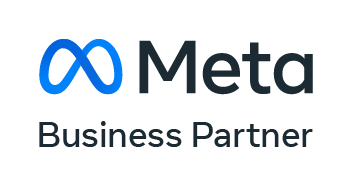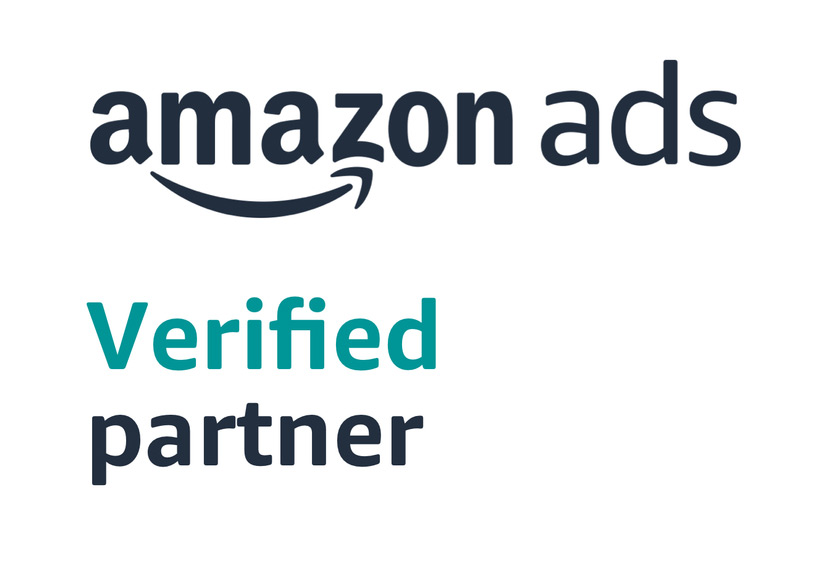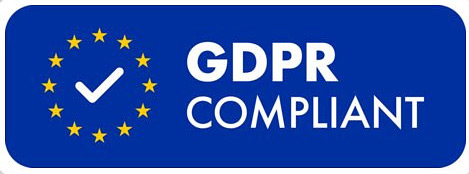We’ve been talking for some time at NetElixir about the fact that third-party cookies are going away and how important it is for your e-commerce business to be prepared for the seismic impact this will have on the digital marketing landscape. We’ve offered some handy insights into how to think about this change. But for those who are interested in why cookies are going away – and who exactly had a hand in their demise – we thought we’d share a few more crumbs of the story.
For years, first- and third-party cookies were critical to personalizing user experience. They have been at the heart of the digital marketing and advertising ecosystem, tracking users across platforms and collecting data that e-commerce businesses analyze to inform their marketing strategies. But as internet, and especially smartphone, use has turned ubiquitous in our lives, consumers have become increasingly aware of how much of their personal information is tracked and shared, and their privacy expectations have changed.
How Have Governments Reacted to Consumers’ Changing Privacy Expectations?
Consumers increasingly want to have control over what information of theirs is collected, for what reason, and why – as well as how that information is shared. As these expectations have evolved, governments have weighed in. By May 2018, the European Union’s Member States had fully implemented the General Data Protection Regulation (GDPR), which put into place certain rights and regulations around personal data in the EU. By 2019, the EU’s top court determined that users have to consent to all analytic cookies when browsing a website. This immediately changed how websites with an EU presence could capture and report on data, and it changed users’ web experiences. You’ve surely noticed that many websites now ask you to consent to the use of cookies when you first visit them.
The EU’s regulations have had a ripple effect outside the EU, but there are also US regulations being put in place around data privacy. The California Consumer Privacy Act, for instance, which was implemented in January 2020, regulates how personal data is collected, held, and shared, and what must be disclosed to the consumer about those processes. As other state and national governments react to consumers’ desire for increased standards of privacy, restrictions and requirements around how data is tracked and used are only likely to increase – which is why the once omnipresent third-party cookie is on its way out the door.
How Have Google, Apple, and Other Companies Reacted to the Slow Demise of the Third-Party Cookie?
Companies like Google, Apple, and Firefox have been both proactive and reactive when it comes to changes in privacy. As early as August 2018, Firefox Enhanced Tracking Protection got rid of cookies on their browser, and by September 2019, Safari Intel Tracking Preventions 2.3 release was blocking all third-party cookies.
Google announced in January 2020 that Chrome will phase out of third-party cookie tracking by 2023, and it has been developing an initiative called the Privacy Sandbox that hopes to bridge the advertising gap while adhering to privacy standards. With Chrome controlling nearly half of the US web browser market share (49.42%) and over half of the global market share (62.78%), changes to Chrome will have an outsized impact on the digital marketing landscape. It will become increasingly difficult to target customers with precision and personalization, to measure, report, and optimize campaigns, and to attribute and understand the path between an ad interaction and conversion, using the same methods digital marketing professionals have been used to employing.
What Does the End of Third-Party Cookies Mean for My Business?
It’s been a good run, but the time has come to find new ways to gather the information your business used to collect through third-party cookies. If you want to continue to reach your high-value customers, don’t wait until Chrome closes the door in 2023 to come up with your new strategy. Make the leap to Google Analytics 4: it’s a tool built for the cookieless future, and that future is coming more quickly than you think.
Going forward, organic search will be more important than ever, which means focusing on search optimization so your content is fresh and relevant. By curating great content and offering a thoughtful loyalty program, you can encourage customers to engage with your brand, trust you with their first-party data, and even become the brand evangelists you’ll need to grow your business. In the transition from third-party to first-party data, it’s inevitable that there will be some gaps in your reporting, but thoughtful conversion modeling and analytics can help keep your strategy on track. And as new tools and initiative’s like Google Privacy Sandbox are developed and come online, your strategy will need to continue to evolve.
NetElixir is Here to Help
Are you ready for the cookieless future? NetElixir can help ensure your business is prepared for what’s ahead. Our experts will work with you on everything you need, from transitioning to GA4 to creating and executing a first-party data strategy to finding and engaging customers. We’ll support you as you design marketing plans that will reach your target audiences on platforms like Facebook, marketplaces like Amazon, and key search engines, even without the third-party cookies you’ve relied on for years. We can help you shift from winning average customers to winning high-value customers.









